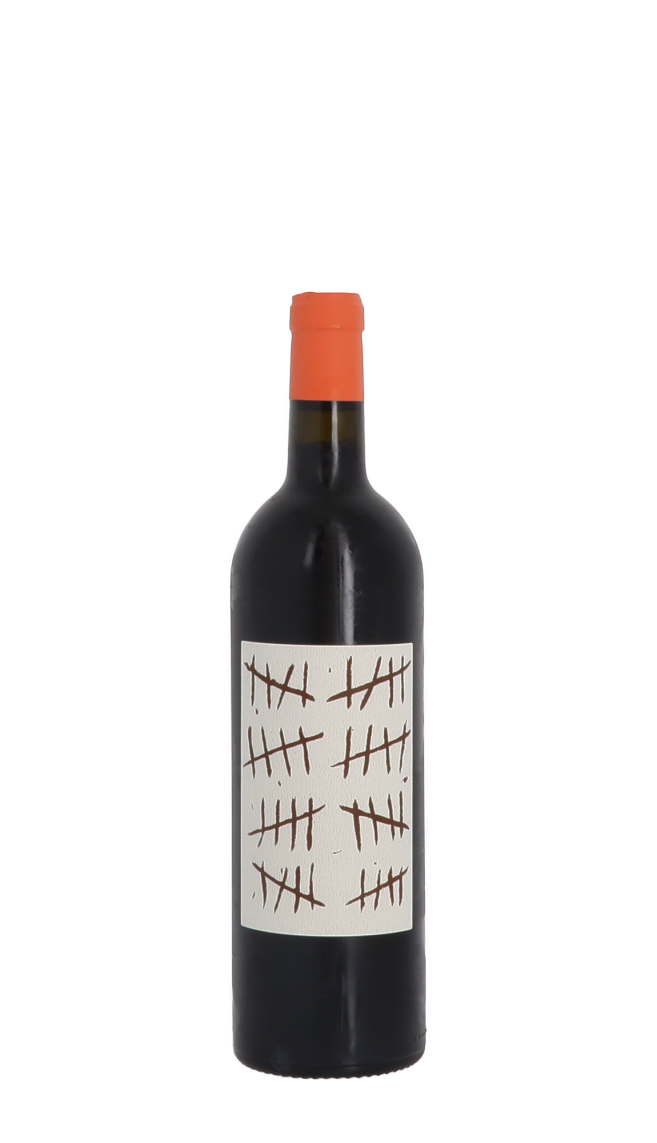Mas Jullien has established itself as a quintessential benchmark in the heart of the Languedoc, specifically within the Terrasses du Larzac appellation. Located in the charming village of Jonquières, this estate is widely recognized as one of the region's most emblematic, having catalyzed the elevation of viticultural standards throughout the entire Languedoc. The estate's wines are frequently described as profound, pure, fresh, complex, and balanced, endowed with remarkable aging potential.
The history of Domaine Mas Jullien is intrinsically linked to the audacious vision of its founder, Olivier Jullien. As early as 1984, while not yet twenty years old, Olivier Jullien acquired a parcel in Jonquières. In 1985, he took the reins of a three-hectare plot, including a "mas" (traditional farmhouse) and a spring, all in an advanced state of disrepair. He managed to produce his first vintage while still pursuing his studies. At that time, Olivier Jullien was one of the few to believe in the potential of Terrasses du Larzac to produce great wines of the Midi.
The terroir of Terrasses du Larzac imparts Mas Jullien wines with their unique character. This region is characterized by vast terraces situated on the edge of the Cévennes plateau, north of Montpellier. The vineyard spans approximately 18 hectares, benefiting from a unique microclimate and optimal sunshine, with breathtaking views of the Mediterranean. The soils here are remarkably varied, including clay-limestone, schist, sandstone, marl, and siliceous soils. Some parcels are located at high altitudes, contributing to the minerality and freshness of the wines. The dispersion of the vineyard into "small islands" allows each grape variety to be adapted to the ideal conditions of its micro-environment.
Domaine Mas Jullien's viticulture philosophy is based on a deep respect for the environment and biodiversity. Although the estate follows the principles of biodynamic viticulture, including soil work, natural grassing, and the use of compost, Olivier Jullien made the deliberate choice not to hold official organic or biodynamic certification. This decision was made to maintain an "intellectually free approach and an independent spirit." Nevertheless, the wines are produced without chemical products. Yields are kept low, around 30hL/ha.
Red grape varieties cultivated include Carignan, Cinsault, Syrah, Grenache, and Mourvèdre. For white wines, Grenache Blanc, Chenin Blanc, Carignan Blanc, Viognier, Clairette, and Roussanne are used. In vinification, Olivier Jullien has conducted numerous experiments, transitioning from whole-cluster fermentation to the use of large new barrels (600L demi-muids). For red wines, grapes are destemmed, sorted, fermented in vats with indigenous yeasts, then aged for one year in demi-muids and two years in large foudres. For white wines, the process includes crushing, pressing, and overnight settling, followed by fermentation. Each variety from each terroir is fermented separately in 600L demi-muids, with malolactic fermentation generally avoided.
Mas Jullien's cuvées are renowned for their depth, originality, and ability to reflect the local rocky nature. They are characterized by their purity, freshness, complexity, and remarkable aging potential.

![]()
![]()
![]()
![]()

